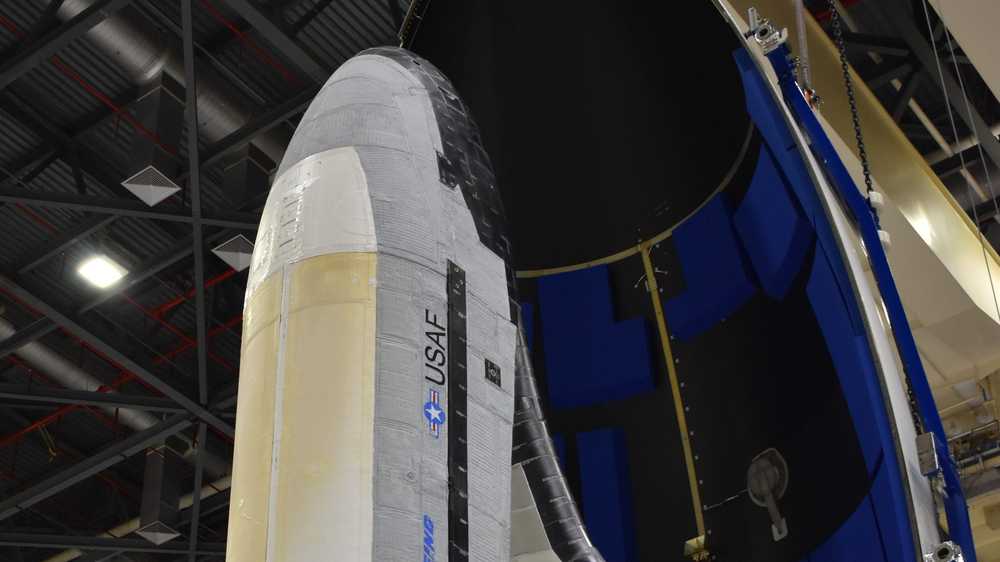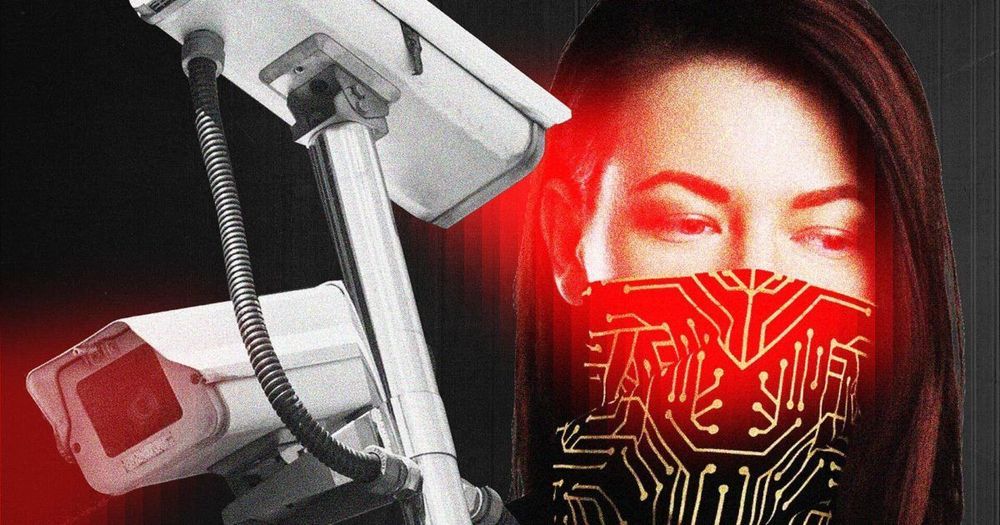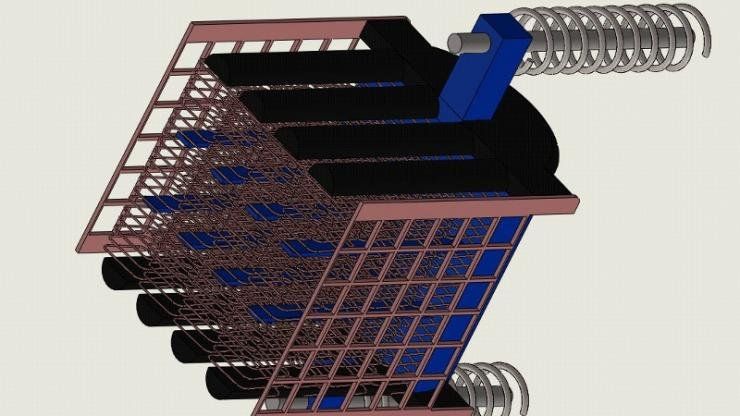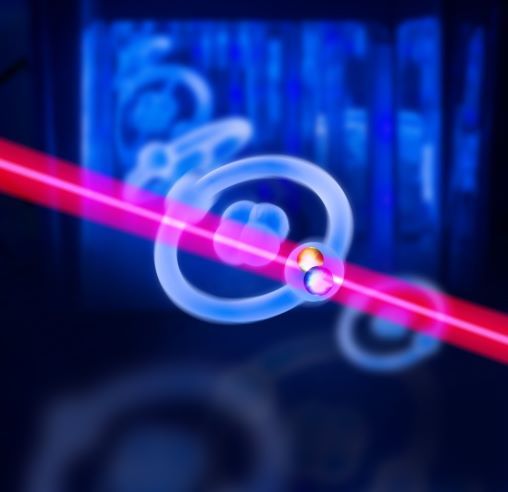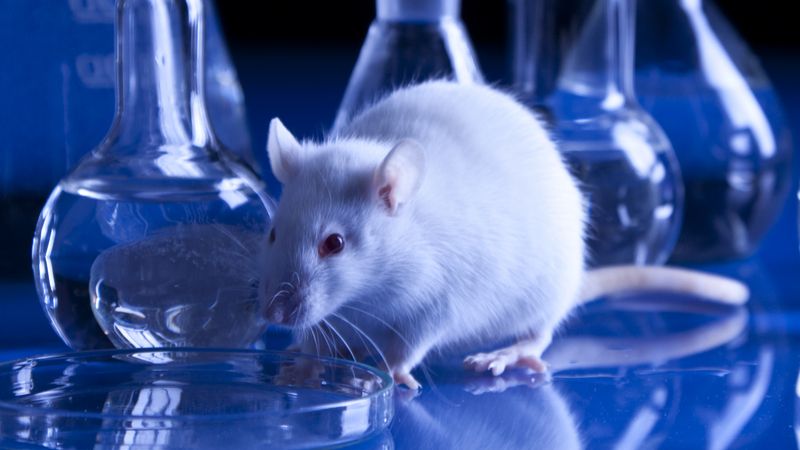Neuroplasticity is the brain’s ability to change under the influence of experience and activities. Several aspects of neuroplasticity are noteworthy: neurogenesis (development of new nerve cells) and synaptogenesis (development of new contacts between nerve cells) among them. Neuroplasticity used to be thought of as a limited phenomenon, mostly restricted to the early years of life. More recently it has been demonstrated that neuroplasticity continues throughout life, even in advanced age. This provides the conceptual basis for a wide range of therapeutic efforts aiming to slow the detrimental effects of aging on the brain and to treat various brain disorders.
What are the factors influencing neuroplasticity? The question is compelling both as a scientific challenge and because of the therapeutic promise of neuroplasticity once we know how to control and harness it. Among such factors, the environmental factors influencing neuroplasticity are particularly intriguing. It turns out that a strong relationship exists between what people do with their brains and how their brains age.
Both anecdotal observations and formal research suggest that education confers a protective effect against dementia. Highly educated people are less likely to succumb to its effects. Robert Katzman was the first to note that the prevalence of dementia, including Alzheimer’s disease, is lower in people with advanced education. The MacArthur Foundation Research Network on Successful Aging sponsored a study of the predictors of cognitive change in older persons. Education emerged as by far the most powerful predictor of cognitive vigor in old age.



